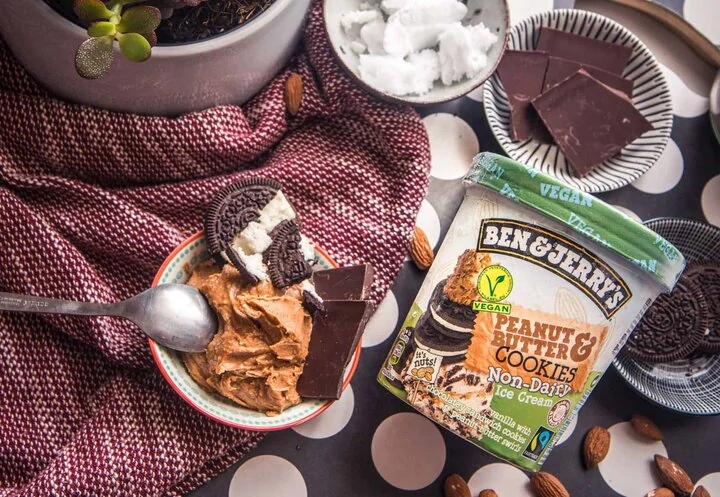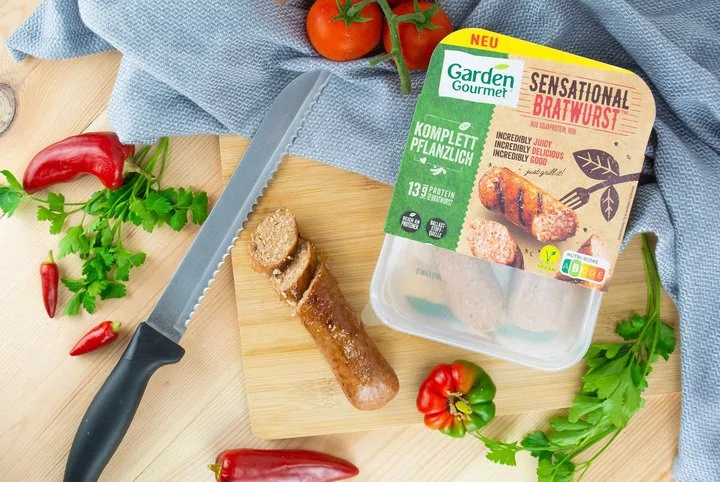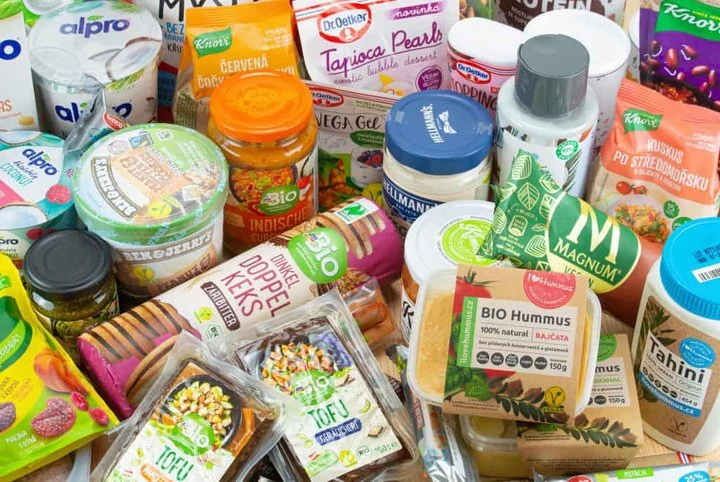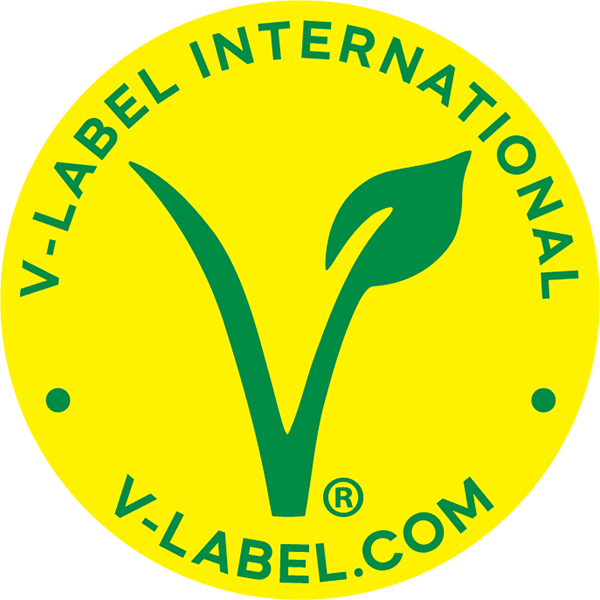General Information
Information for Consumers
Are you vegan, vegetarian, flexitarian, lowering your animal food intake, or just curious? Since you’re visiting this site, chances are you want a fair, sustainable (and tasty!) world. We’re with you, and our way of contributing to that future is by making vegan and vegetarian products widespread and easily recognisable.
V-Label, an internationally recognized seal for products that are vegetarian or vegan and have passed thorough checks, is your ally in making your life more plant-based, one informed purchase at a time.
A simple and easy-to-understand everyday guide, V-Label saves you time and decision fatigue. Look for the eye-catching yellow logo the next time you’re shopping: you’ll know at first glance which products are approved, and therefore safe to buy!
Reliable and trustworthy. When you buy a product or service stamped by V-Label, you can rely on standardized criteria for vegan and vegetarian products that apply fairly and internationally. No need to worry about companies mislabelling products based on their own random criteria. V-Label, founded 1996 in Switzerland, is one of the industry-shapers.
What do we stand for?
When you buy a product or a service provided by V-Label, you can be sure that that:
- At no stage of production ingredients of animal origin have been used if labeled vegan. Also additives and aromas have been considered. Checks did not stop at the list of ingredients but even covered substances that do not have to be indicated, such as biotechnological culture media and processing aids. So you can be sure that the apple juice or wine was not clarified with gelatine, sugar was not treated with bone meal and the bread was not treated with cysteine made from pig bristles.
- Only milk, colostrum, cage-free farmed eggs, honey, beeswax, propolis, or wool grease and products thereof are allowed in the production if labeled vegetarian.
- All stages of production needs to be designed in a way that unintended traces of non-vegan or non-vegetarian substances in the final product are reduced to a minimum.
- Testing of any kind on animals must not be or have been carried out for the final product as well as for individual ingredients, auxiliaries and other substances used for processing if developed for the final product.
Last, but certainly not least, the income from licence fees is mainly used to finance various vegan and animal rights NGOs and projects.




 Argentina
Argentina Australia
Australia België (NL)
België (NL) Bosna i Hercegovina
Bosna i Hercegovina Brasil
Brasil Chile
Chile 中国
中国 Česká republika
Česká republika Colombia
Colombia Costa Rica
Costa Rica Danmark
Danmark Deutschland
Deutschland Ecuador
Ecuador España
España France
France Ελληνικά
Ελληνικά Hrvatska
Hrvatska Italia
Italia Lietuvių
Lietuvių 한국어
한국어 Magyar
Magyar Lebanon (EN)
Lebanon (EN) Melayu
Melayu Mexico
Mexico Nederland
Nederland Nigeria
Nigeria Norge
Norge Österreich
Österreich Perú
Perú Polski
Polski Português
Português Română
Română Русский
Русский Slovenčina
Slovenčina Türkçe
Türkçe South Africa
South Africa Suomi
Suomi Svenska
Svenska Schweiz
Schweiz Українська
Українська الامارات العربية المتحدة
الامارات العربية المتحدة Tiếng Việt
Tiếng Việt